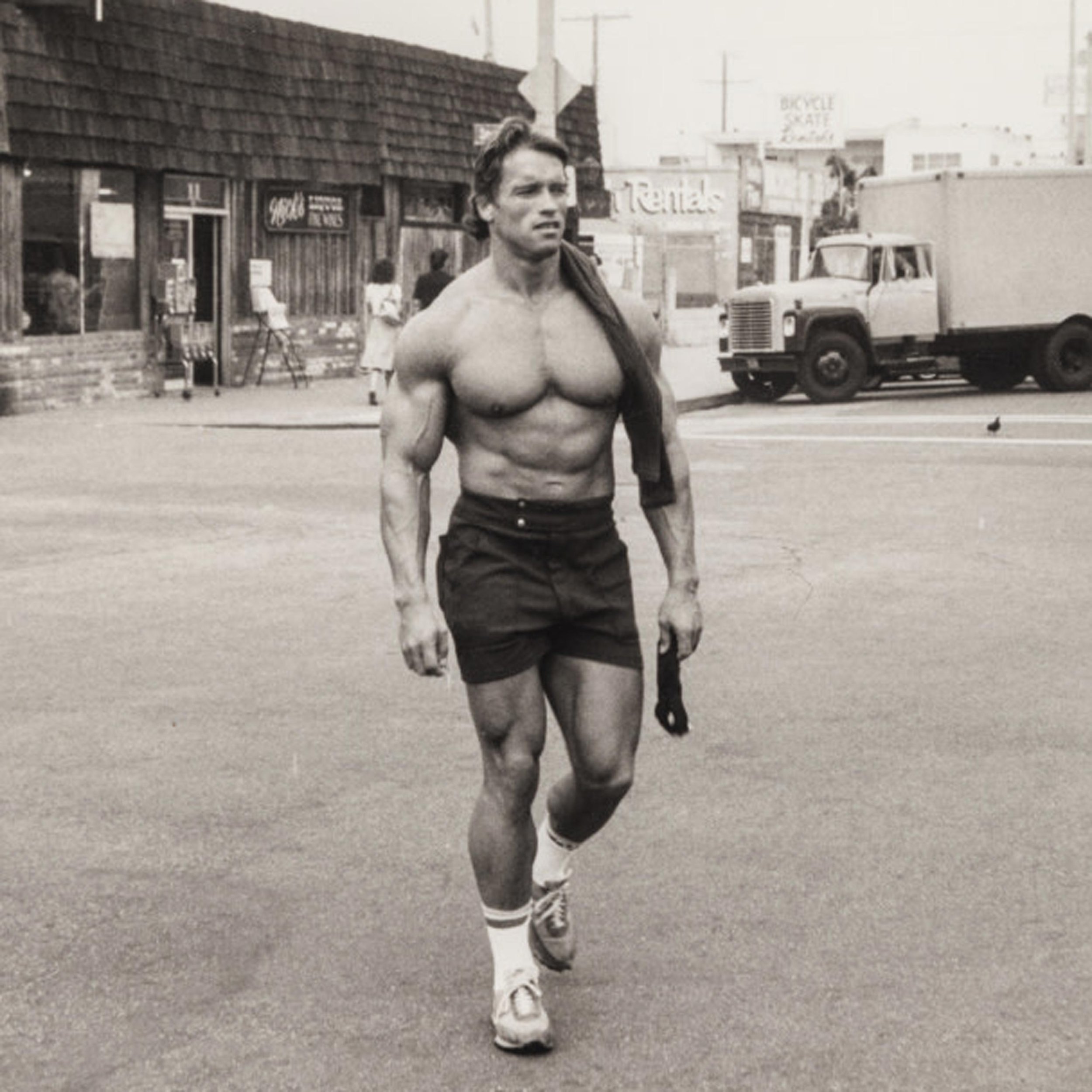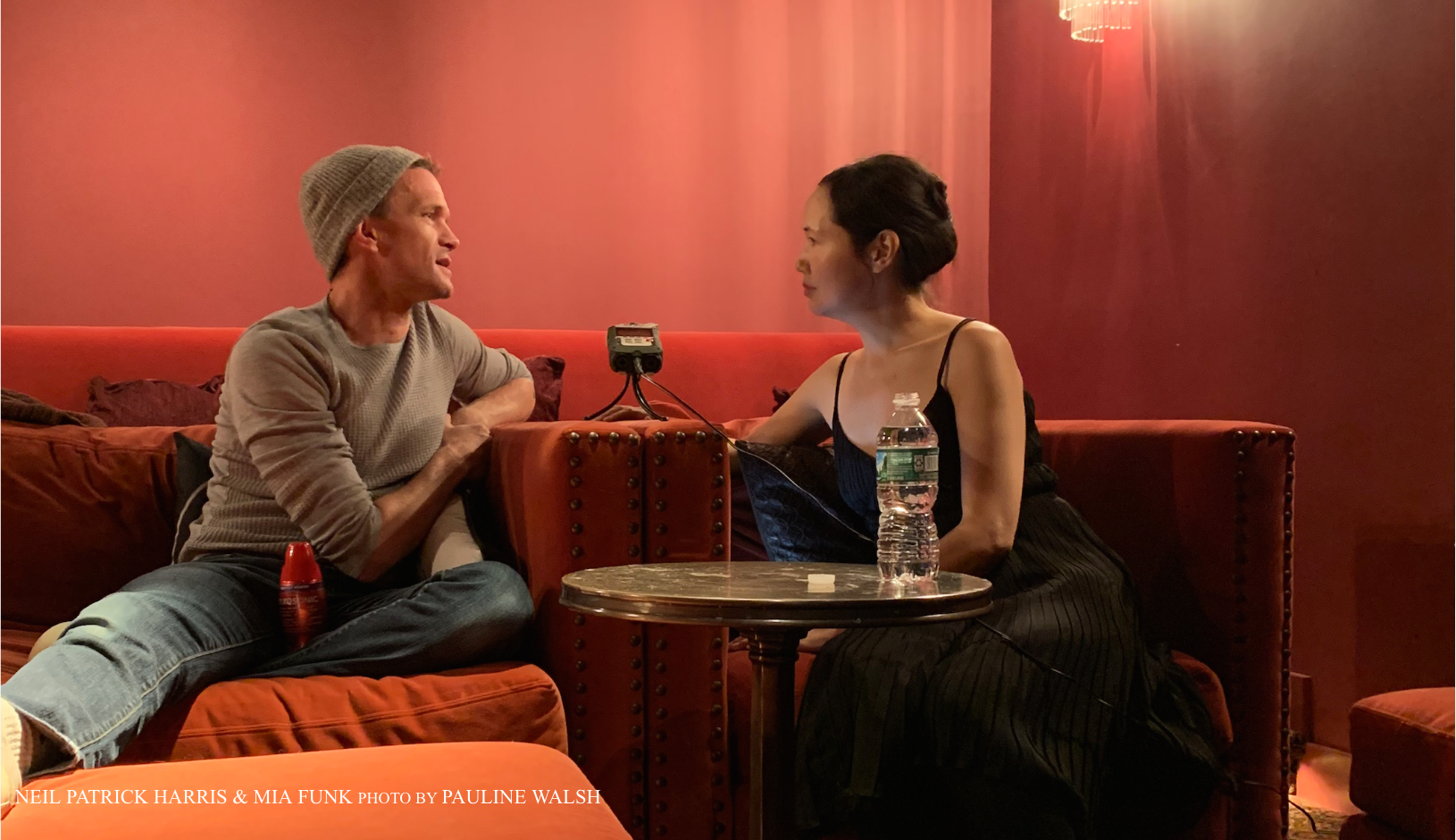JULIE ANDREWS - PAUL SCHRADER - JULIAN SCHNABEL on Filmmaking & Creative Process
/“Taxi Driver, the first script I wrote, it is very much a young man's film. And it's full of, the anger of a young man. And the striking out. And also it's full of the pathology of suicidal glory.”
”Tony Walton, when he was designing the costumes, he said, ‘I think somehow Mary Poppins has a bit of a secret life. She's a bit naughty..’ And it was a great clue for me because that little wicked thing that she has occasionally. And then while doing and thinking and talking to the director, you do form certain things like flying with the feet turned out and the way she walked. I tried to make her walk almost as if she weren't quite touching the ground.”
“I think that the truth of the movie is maybe as true as I could tell the story. What I thought was possible. It's a movie. And in working with actors. I mean, what are we doing when we're doing that?…A story can be true to whatever narrative, but it can be very boring to watch. I think that Willem's performance is probably the best performance he gave in his life.”








